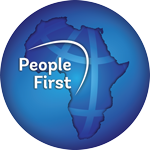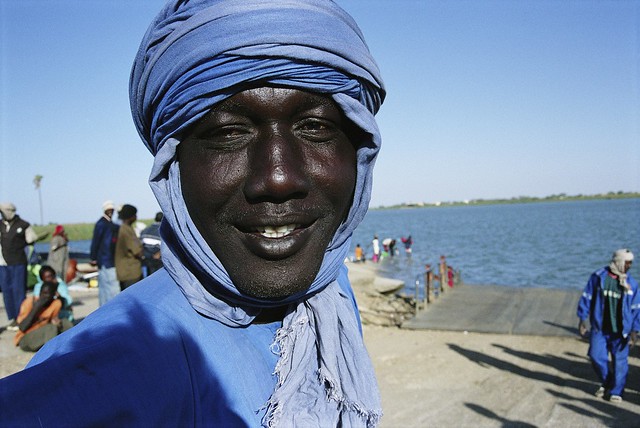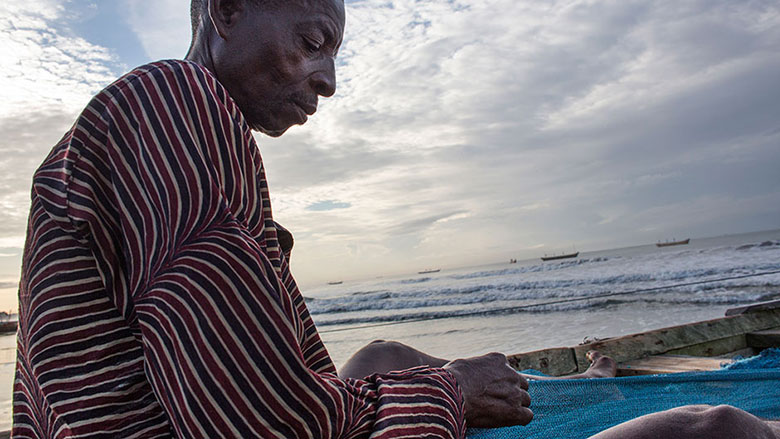The Central African Republic (CAR) is a sparsely populated, landlocked country at the heart of the African continent, with a surface area of 623,000 km². Despite being endowed with abundant natural resources (470 mining sites, with oil, gold, and diamonds as the primary resources), it remains one of the poorest and most fragile countries in the world. The country has experienced over two decades of recurrent crises, the most notable being the 2013 seizure of power by the Séléka coalition, and the most recent outbreak of violence instigated by the Coalition of Patriots for Change (CPC) in December 2020.
CAR ranks among the lowest in the Human Capital Index and the Human Development Index, with a score of 0.26 in 2020, placing it 191st out of 193 countries in 2022. While the country holds significant agricultural potential and vast forested areas, the population has yet to benefit meaningfully from these endowments.
Political Context
The Political Agreement for Peace and Reconciliation in the Central African Republic (APPR-RCA), signed on February 6, 2019, with 14 armed groups, continues to serve as the main roadmap for pursuing long-term peace and stability, even though some CPC-affiliated groups withdrew from the agreement in December 2020.
The International Conference on the Great Lakes Region (ICGLR), through the Luanda Roadmap, has contributed to some progress in disarmament, demobilization, reintegration, and reinsertion (DDRR) of CPC combatants. The dissolution of nine of the 14 signatory armed groups in 2023 is expected to support efforts toward peace and stability. Advancing the implementation of the Luanda Roadmap remains critical to furthering the DDRR process.
A new constitution was adopted in August 2023, and general elections are scheduled for 2025.
Economic Situation
The Central African economy is showing signs of recovery, with growth projected at 2.1% in 2025. However, this remains below the demographic growth rate (3.1%). Economic activity is expected to be supported by improved fuel supply by the end of 2024—thanks to an exceptional diesel donation—and the recovery of the telecommunications sector. Nonetheless, chronic electricity shortages, exacerbated by limited production capacity and a lack of private investment, are expected to continue hindering recovery, particularly in Bangui. The fiscal deficit is projected to widen to 4.9% of GDP in 2024, driven by non-priority spending, while public debt is expected to reach 60.7% of GDP. Poverty remains extremely high, affecting around 71% of the population, and may worsen following the planned withdrawal of USAID in early 2025. Macroeconomic stability remains fragile and dependent on the implementation of structural reforms and continued support from development partners.
Social Situation and Development Challenges
- In 2021, the most recent household survey available to assess poverty found that 65.7% of the population was living below the international extreme poverty line of USD 2.15 (2017 PPP) per person per day;
- The number of people living in extreme poverty is 1.5 times higher in rural areas than in urban areas;
- Non-monetary poverty is widespread in CAR, with more households affected by deprivations in sanitation (69.9%) and electricity (87.7%) than by monetary poverty.
- CAR remains the country with the highest humanitarian needs per capita. As of January 2025, there were 436,000 internally displaced persons and approximately 680,000 refugees and asylum seekers within the country;
- Maternal mortality is among the highest in the world (835 deaths per 100,000 live births), and the under-five mortality rate is the sixth highest globally (116 per 1,000 live births). Chronic malnutrition affects 38% of children under five. CAR also has one of the highest fertility rates in the world, with six births per woman. Average life expectancy is 53 years for both men and women;
- The country ranks among the lowest globally in education indicators. The expected years of schooling are 5.3 for boys and 3.8 for girls. CAR also has one of the world’s largest gender gaps, ranking 188th out of 191 countries for gender equality. These disparities contribute to high rates of gender-based violence (GBV).
Last Updated: Apr 01, 2025







